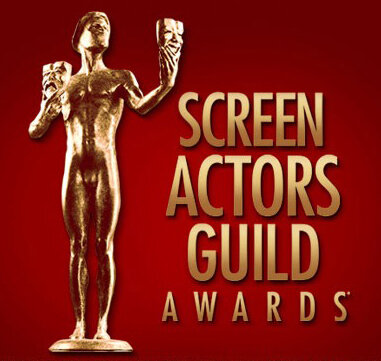 Lately I have been watching and enjoying the Amazon television series Transparent. I was thrilled when it won the Golden Globes for Best TV series as Best Actor in a comedy. And now everyone will have have a chance to watch it when Amazon streams the entire season for free on January 24th.
Lately I have been watching and enjoying the Amazon television series Transparent. I was thrilled when it won the Golden Globes for Best TV series as Best Actor in a comedy. And now everyone will have have a chance to watch it when Amazon streams the entire season for free on January 24th.
Much has been written about this ground-breaking series since it debuted in the fall. I really do love Jeffrey Tambor's lovingly humorous portrayal of Maura, the transgender parent of the title. He is an actor that I have become familiar with over the years. He has triumphed in countless roles before; he outdoes himself here. And series creator Jill Soloway is acting as a positive disruptive force in the world of formulaic, often sexist Hollywood sitcoms.
So watch it if you like comedy, if you like good acting with smart dialogue, and if you like gorgeous California real estate. If you are squeamish about sex scenes or gender-questioning, this isn't the series for you. But you probably already guessed that!
I also really appreciate how the series, and the growing visibility of the transgender community that it reflects, demands that we examine the powerful role language plays. Maura's family has many questions, but they are summed up by his daughter Ali, who simply asks, "What do we call him now?" The name she settles on, "Moppa," is a lovely compromise, one that Soloway used with her own trans-parent. But personal pronouns remain problematic, and cause some confusion, notably in Episode 5.
I welcome this examination of the power of these words. For too long, many of us protested the offensiveness of using "men" or "mankind" for "people" and "humankind." And were told "oh, you know what I mean." Unfortunately, we did. But refusing to acknowledge the power imbalance implicit in this terminology seems laughable to most of us today. Pick up an old textbook or newspaper, though, and that language propels you right back to the days of the unapologetic patriarchy. So I understand the importance of getting this right. Identity is tied up in how we label ourselves, and how the world labels us. If transgender people, or those who identify as genderqueer want to be referred to as ze, why should we fight it? Nouns and pronouns influence how we see ourselves in relation to society. I grudgingly admit that the growing use of "they" might just solve this problem, though it is extremely hard for my grammar-loving heart to embrace this term. But logic (and the very clever columnist Steven Petrow) convinces me I may have to.
Who knows? If we keep going down this path, someday I may realize one of my wildest dreams, when once and for all we bury the boorish "you guys" in favor of the simple, elegant "you."


















